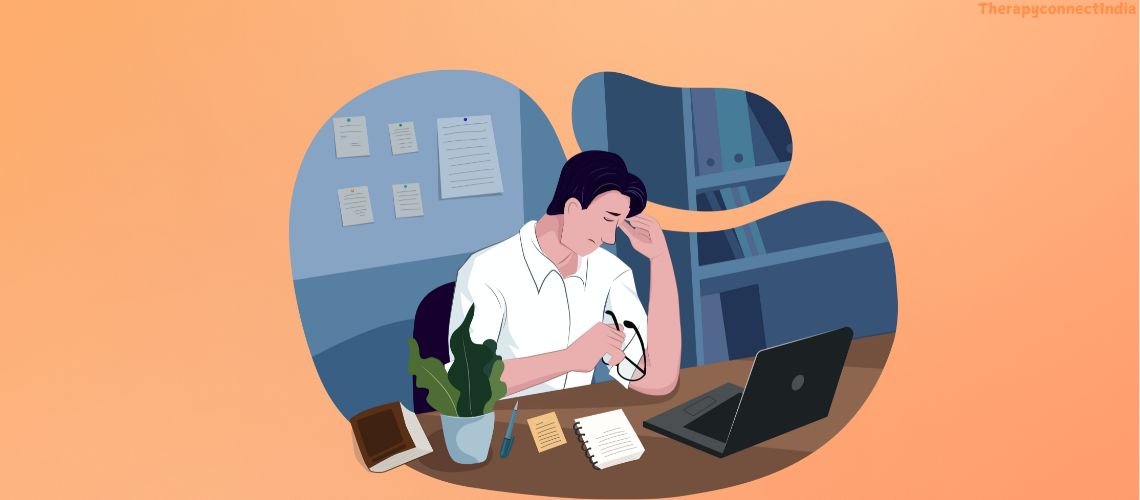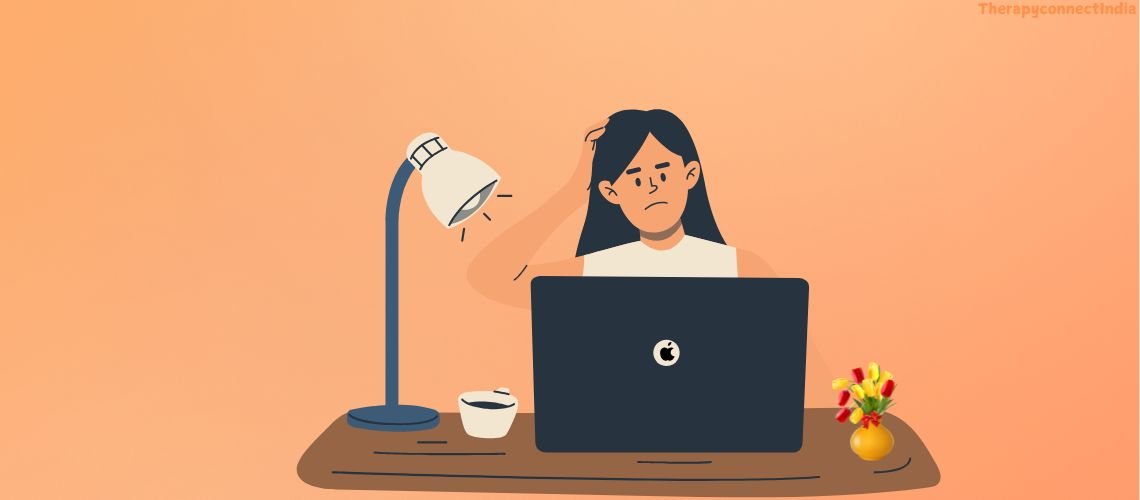The 70-Hour Workweek: How Overworking is Destroying Mental Health

The modern corporate world often glorifies long working hours, with employees spending 60 to 70 hours a week trying to meet deadlines, impress their bosses, or climb the career ladder. Many believe that working harder equates to success, but in reality, overworking comes at a serious cost—our mental and physical health.
With increasing demands, work stress has become a major concern, leading to burnout, anxiety, depression, and even physical health problems. While some see long hours as a sign of dedication, the reality is that a poor work-life balance negatively affects both employees and organizations.
This article explores how a 70-hour workweek is affecting employees' mental well-being, the dangers of corporate work culture, and effective burnout prevention strategies to create a healthier, more balanced lifestyle.

Many employees push themselves to work late into the night, thinking that the longer they stay in the office (or online), the more productive they will be. However, studies have proven that productivity significantly declines after 40–50 hours per week.
According to research published in the Harvard Business Review, employees who work over 50 hours a week start to experience cognitive fatigue, which leads to poor decision-making, reduced creativity, and slower problem-solving skills. Even worse, when employees work beyond 70 hours per week, their productivity drops drastically, leading to more mistakes and less efficiency.
Working excessively doesn’t lead to better results—it leads to exhaustion, stress, and dissatisfaction.

1. Increased Stress and Anxiety
One of the biggest dangers of long working hours is chronic stress. Employees often feel pressure to meet deadlines, handle excessive workloads, and prove their worth in a competitive corporate environment. Over time, this constant stress raises cortisol levels, which can lead to persistent anxiety, irritability, and panic attacks.
2. Burnout and Emotional Exhaustion
Burnout is one of the most common consequences of overworking. It happens when someone feels mentally, emotionally, and physically drained due to excessive work demands. Signs of burnout include:
The World Health Organization (WHO) has recognized burnout as an occupational phenomenon, warning that ignoring burnout can lead to serious long-term mental health issues.
3. Depression and Feelings of Isolation
Spending 70+ hours at work often means less time for family, friends, and personal interests. Employees with excessive workloads miss social events, family gatherings, and personal hobbies, leading to feelings of loneliness and isolation.
According to the American Psychological Association (APA), long working hours are directly linked to higher rates of depression and suicidal thoughts, particularly in high-pressure corporate environments.
4. Sleep Deprivation and Physical Health Issues
When work takes priority over rest, sleep deprivation becomes a serious problem. Many professionals sacrifice sleep to complete tasks, but this only leads to reduced concentration, memory problems, and weakened immune function. Over time, lack of sleep contributes to:
Without proper rest, both the mind and body suffer, making employees more prone to illnesses and long-term health complications.

Many companies promote a "hustle culture" where working long hours is seen as a sign of dedication and success. Employees are often expected to:
In some industries, employees feel guilty for taking breaks, fearing they will be perceived as lazy or uncommitted. This toxic corporate culture leads to unhealthy work environments that damage both mental health and overall job satisfaction.
Studies show that companies that prioritize employee well-being experience higher productivity, better retention rates, and improved company morale.

If long working hours are affecting your mental health, it’s essential to establish healthy boundaries and adopt self-care habits. Here’s how:
1. Prioritize Work-Life Balance
Work is important, but it should not consume your entire life. Setting boundaries between work and personal time helps prevent burnout. Some effective ways to maintain balance include:
Tools like the RescueTime app help track work hours and encourage a healthy balance between productivity and rest.
2. Learn to Say No
Many employees feel pressured to take on extra work out of fear of disappointing their boss. However, saying yes to everything leads to stress, exhaustion, and resentment.
Setting limits and learning to say no when work becomes overwhelming is essential for protecting mental health.
3. Take Breaks and Vacations Without Guilt
Breaks are essential for productivity and mental clarity. Even short breaks during the day reduce stress and improve focus. Taking vacations—without checking work emails—allows the brain to reset and recharge.
4. Seek Support When Needed
If work stress becomes overwhelming, seeking professional support can help. Speaking to a therapist or counselor can provide tools to manage stress effectively. Platforms like BetterHelp offer online therapy options for workplace stress and burnout.

5. Advocate for Healthier Work Policies
Companies must take responsibility for their employees' well-being. Employers can support mental health by:
Employees should speak up about unrealistic expectations and advocate for healthier workplace policies.
A 70-hour workweek may seem necessary to achieve career goals, but it comes at a heavy cost. Long working hours lead to high stress levels, burnout, sleep deprivation, and serious mental health concerns. The corporate work culture must shift towards prioritizing employee well-being instead of glorifying exhaustion.
Work stress is real, but it doesn’t have to control your life. By setting boundaries, prioritizing self-care, and seeking support, employees can protect their mental health while still being productive.
Remember: Success should not come at the expense of your health and happiness. Taking care of your mind and body is just as important as achieving career milestones.